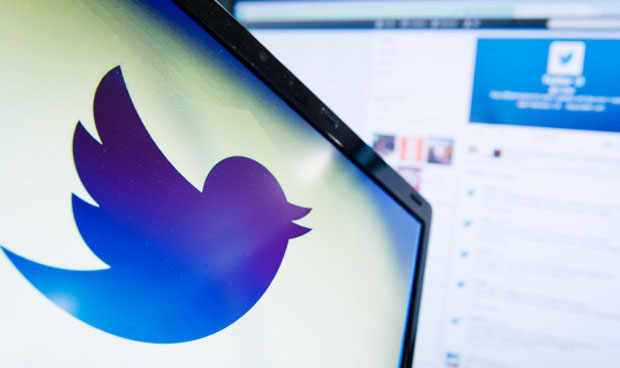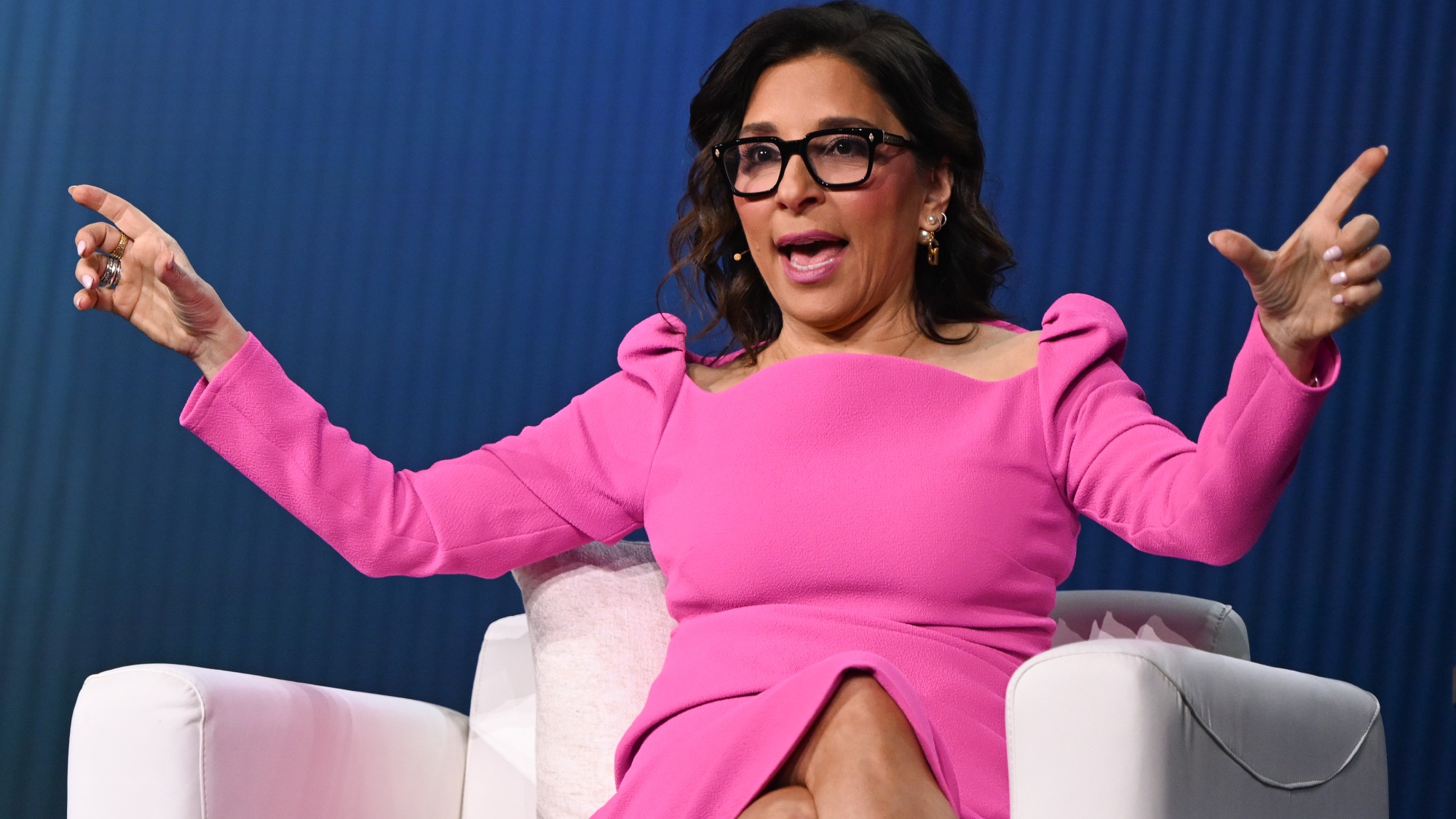Twitter 'lie-detector' will combat false internet rumours
Creators say system could have prevented lies spreading during riots and sex abuse scandals

A free daily email with the biggest news stories of the day – and the best features from TheWeek.com
You are now subscribed
Your newsletter sign-up was successful
SCIENTISTS claim they are 18 months away from developing a "lie detector" for Twitter that could stop dangerous rumours from spreading across the social network.
The system, named Pheme after the Greek mythological figure known for rumour and gossip, will categorise sources to assess their authority and give more weight to established news outlets and experts, according to The Times.
It will identify "bots", computerised spammers, and look at the history of an account to spot if it has been set up to spread false information.
The Week
Escape your echo chamber. Get the facts behind the news, plus analysis from multiple perspectives.

Sign up for The Week's Free Newsletters
From our morning news briefing to a weekly Good News Newsletter, get the best of The Week delivered directly to your inbox.
From our morning news briefing to a weekly Good News Newsletter, get the best of The Week delivered directly to your inbox.
Pheme will also search for sources that can corroborate or deny a story in real time, as well as plot how the story is spreading to assess whether it is true or false. The results will be displayed to the user on screen, telling people if a false story is taking hold among the public.
The creators believe the system would have been valuable during events such as the London riots in August 2011, when Twitter-users diverted police attention from real events by spreading rumours that landmarks across the city had been set on fire and animals had escaped from London Zoo.
The program could also have been used to stop tweeters – including Sally Bercow and Alan Davies – from spreading rumours that falsely linked Lord McAlpine to child sex abuse. Both Bercow and Davies agreed financial settlements with the late peer as a result of the incorrect claims.
Pheme will classify online rumours into four types, says The Times: speculation, controversy, misinformation and disinformation.
A free daily email with the biggest news stories of the day – and the best features from TheWeek.com
The lead researcher on the project, Dr Kalina Bontcheva, from the University of Sheffield, says the system would enable governments, emergency services and health agencies to respond to untruths.
Bontcheva is hoping for a final version within 18 months, but believes that working prototypes may be available sooner. The project will cost about £3.5m to complete, met mostly through a grant from the European Union, with Warwick University and King's College London also taking part.
-
 Political cartoons for February 21
Political cartoons for February 21Cartoons Saturday’s political cartoons include consequences, secrets, and more
-
 Crisis in Cuba: a ‘golden opportunity’ for Washington?
Crisis in Cuba: a ‘golden opportunity’ for Washington?Talking Point The Trump administration is applying the pressure, and with Latin America swinging to the right, Havana is becoming more ‘politically isolated’
-
 5 thoroughly redacted cartoons about Pam Bondi protecting predators
5 thoroughly redacted cartoons about Pam Bondi protecting predatorsCartoons Artists take on the real victim, types of protection, and more
-
 X update unveils foreign MAGA boosters
X update unveils foreign MAGA boostersSpeed Read The accounts were located in Russia and Nigeria, among other countries
-
 What's Linda Yaccarino's legacy? And what's next for X?
What's Linda Yaccarino's legacy? And what's next for X?Today's Big Question An 'uncertain future' in the age of TikTok
-
 X CEO Yaccarino quits after two years
X CEO Yaccarino quits after two yearsSpeed Read Elon Musk hired Linda Yaccarino to run X in 2023
-
 Musk chatbot Grok praises Hitler on X
Musk chatbot Grok praises Hitler on XSpeed Read Grok made antisemitic comments and referred to itself as 'MechaHitler'
-
 Bluesky: the social media platform causing a mass X-odus
Bluesky: the social media platform causing a mass X-odusThe Explainer Social media platform is enjoying a new influx but can it usurp big rivals?
-
 Pakistan 'gaslighting' citizens over sudden internet slowdown
Pakistan 'gaslighting' citizens over sudden internet slowdownUnder the Radar Government accused of 'throttling the internet' and spooking businesses with China-style firewall, but minister blames widespread use of VPNs
-
 Threads turns one: where does the Twitter rival stand?
Threads turns one: where does the Twitter rival stand?In the Spotlight Although Threads is reporting 175 million active monthly users, it has failed to eclipse X as a meaningful cultural force
-
 How social media is limiting political content
How social media is limiting political contentThe Explainer Critics say Meta's 'extraordinary move' to have less politics in users' feeds could be 'actively muzzling civic action'